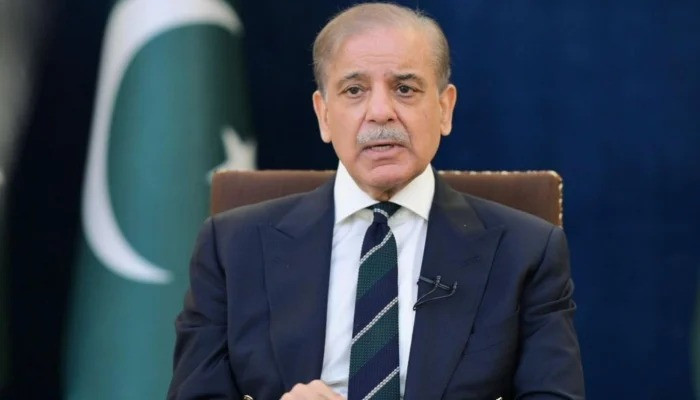ISLAMABAD: Prime Minister Shehbaz Sharif has taken a decisive step to protect Pakistan’s business community by setting six strict conditions for the arrest of CEOs, CFOs, and board members in tax fraud cases. These conditions aim to restrict the Federal Board of Revenue’s (FBR) authority and prevent misuse of powers granted under the Finance Bill 2025-26.
Chairing a high-level meeting, PM Shehbaz ordered legal safeguards to be incorporated into the Finance Act to ensure no harassment of genuine taxpayers and respect for businesspersons. He also directed the formation of a special committee to oversee these changes.
“The respect and dignity of the business community and investors is of utmost importance. Any unjustified harassment will not be tolerated,” the premier stated.
Six Key Safeguards for Arrest:
- Arrest only if the accused attempts to escape.
- If there is tampering with evidence.
- If the accused fails to appear after three official summons.
- A minimum tax fraud threshold must be defined.
- For executives, the fraud amount must exceed Rs50 million.
- Arrests must be approved by a special FBR board including a private member, likely from a chamber of commerce.
These safeguards come in response to heavy criticism from the business community and parliamentarians, who feared that FBR’s unchecked powers could be used for political victimization.
Despite FBR claims that the powers already existed under previous laws, PM Shehbaz insisted on accountability and oversight. The IMF, however, is closely monitoring these developments, as it expects Rs389 billion in revenue through enforcement of the Finance Bill. If enforcement weakens, a mini-budget may be needed.
Senate Committee Sparks Debate
During the Senate Standing Committee on Finance, chaired by Senator Saleem Mandviwalla, several controversial issues were raised:
- Senator Anusha Rehman questioned the Rs45 billion surplus held by an abandoned authority, not included in the Consolidated Fund Account.
- Concerns were raised about NADRA charging Rs40 per voter verification, including during elections.
- Senator Farooq H. Naek called for reducing tax fraud penalties from Rs10 million to Rs5 million, and jail terms from 10 to 5 years, stressing penalties must be “proportionate, not political.”
Reforms in E-Commerce and Audit Firms
The committee also approved:
- Inspection of audit firms failing to meet international standards.
- Regulations for e-commerce platforms, with thresholds to avoid burdening youth and women entrepreneurs.
- A phased rollout of e-billing systems, learning from models like Malaysia.
Other Major Decisions:
- Gradual phasing out of FATA/PATA tax exemptions, starting with 10% GST.
- Approval of abolishing Federal Excise Duty (FED) on immovable property.
- Development of a “negative list” of services in line with IMF benchmarks.
- Objections from the Sindh government over FBR interference in provincial jurisdictions were also noted.
This major intervention by PM Shehbaz Sharif reflects a pro-business stance amid mounting pressure from both the IMF and domestic stakeholders, ensuring transparency, fairness, and economic stability in Pakistan’s taxation regime.



Comments (0)
No comments yet. Be the first to comment!
Leave a Comment